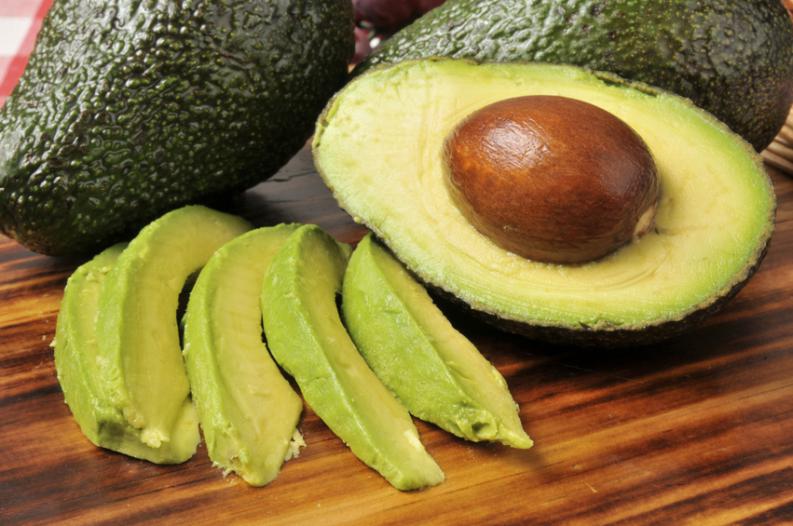Raise your hand if you can’t get enough avo. (I’m raising my hand, too.) And honestly, who can blame you? Avocado makes toast, tacos and salads taste wayyyy better. And they can be eaten in practically any kind of dish, all day long.
Plus, they’re pretty good for you… right? Or is this yet another trendy health food (cough, almond milk) that’s too good to be true? Here’s the lowdown:
How many kilojoules in an avocado?
Here’s a shocker: one whole avocado has 1 347kJ, according to the USDA. That’s just shy of the kilojoule count in an order of medium fries from McDonald’s. WTF?
But perhaps you would feel better knowing that one serving of avocado actually has only 448kJ.
wait, then what counts as a serving of avocado?
Here’s the deal: As tempting as it is to just down the whole ‘cado in one sitting, that baby is packed with healthy fats — and with fats, comes kilojoules.
That’s why the recommended serving size ranges from one-fifth of the fruit (if you’re a registered dietician) to one-third of the fruit (if you’re the FDA).
Avocado Nutrition
Okay, but how problematic is it if you eat the whole thing all the time?
Just check out the nutritional breakdown:
Whole Avocado 1/3 Avocado 1/5 Avocado
Kilojoules 1 347 444 268
Fat 29g 9.7g 5.9g
Protein 4g 1.3g 0.8g
Carbs 17g 5.6g 3.4g
Fibre 14g 4.4g 2.7g
No matter how you slice them, avocados are pretty damn good for you. One-fifth offers nearly 20 percent of your recommended daily value of fibre. It’s also a good source of vitamin C, which serves to keep skin supple and healthy.
You’ll also get bone-building vitamin K (seven percent of your DV), as well as folate (eight percent of your DV), which is especially important if you’re expecting or want to be. And finally (though we could go on and on), avocados offer more potassium than a medium banana. Score!
But what about all the fat?
The catch: Avocados are mostly made up of healthy monounsaturated fatty acids (MUFAs). Eating more of those is associated with a reduced risk of heart disease and metabolic syndrome, lower “bad” LDL cholesterol and less belly fat. It also helps keep you satisfied and satiated between meals.
You should be getting around 20 percent of your kilojoules from omega-3 and monounsaturated fats per day — or 60g per day if you’re eating 8 368kJ. A whole avocado has almost 20g of monounsaturated fats by itself. If you eat an avocado on toast for breakfast, you’re already a third of the way through your daily fat intake.
Again, that’s okay — as long as you balance your fats for the rest of the day accordingly.
In short, avocados guys are creamy, rich and, well, kinda dreamy. You can (and should) eat it all sorts of fun ways — while sticking to a reasonable portion size, of course. Avo toast, anyone?
Written by: Jessica Migala
Fuente: www.womenshealthsa.co.za

